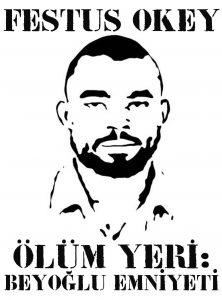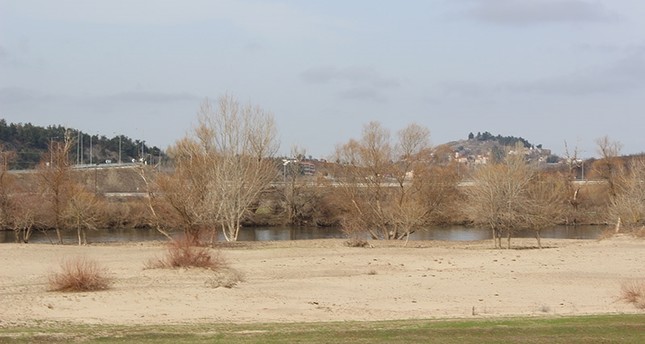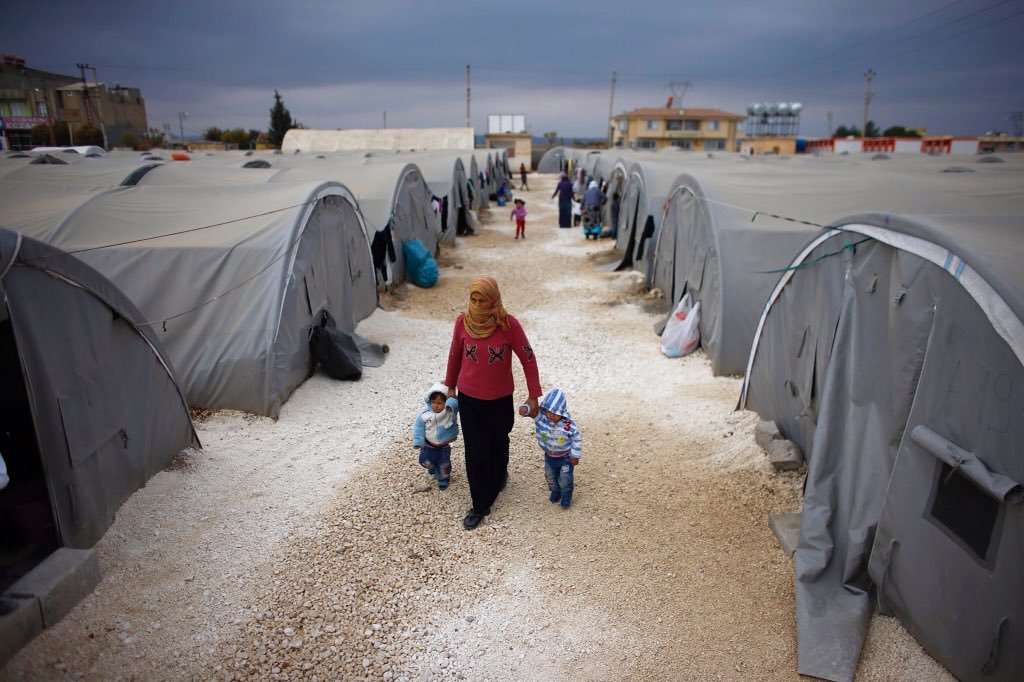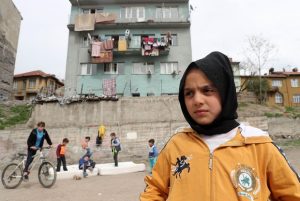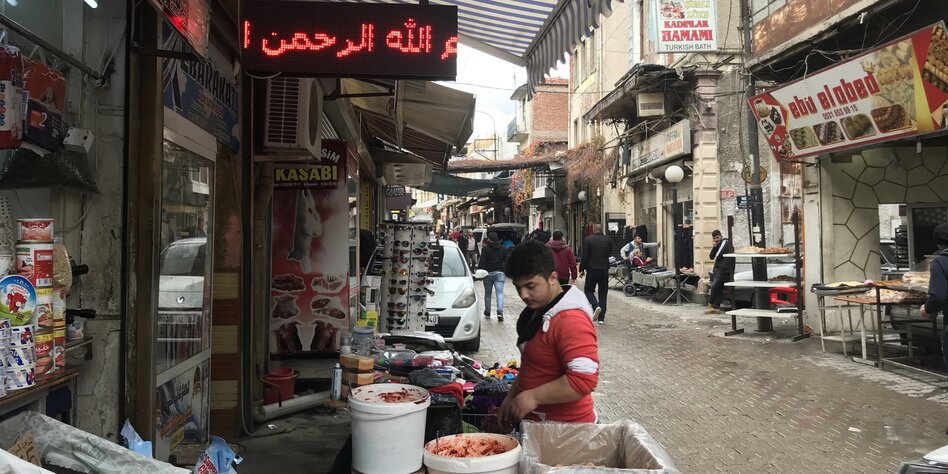On 26th of November, HarekAct was invited to Istanbul’s Açık Radyo (Open Radio) program called Hamişden Sesler (Voices from Hamisch), a unique and outstanding radio program wich aims to spread “voices from exile on Syria and Syrians”.
Our member Pelin had the chance to explain how our blog was established, what are the topics that we have been covering, and our intentions to archive, monitor and incorporate more contributions to the blog in order to build a collection of critical and analytical literature on the issue of migration and border regime in and around Turkey.
The interview moved forward from explaining our name HarekAct, as a conjugation of “movement” and “action” that hints at the very basic element of freedom of movement and the related struggles as opposed to the regime that represents migration as a ‘crisis’; to informing on other bordermonitoring projects and groups within the bordermonitoring platform.
Furthermore Pelin elaborated on the role of editors, as well as her own motives of being a part of the board. Therefore she summarized the main function of the blog as “a space despite borders where people who want to raise their voices and discuss their struggles can find a place for themselves, particularly at these times when many are displaced and left without place”. Finally, she briefed on the latest issues covered by the Harekact posts and invited the audience to follow and join to us.
The full program can be listened through the Açık Radyo podcast in Turkish.

